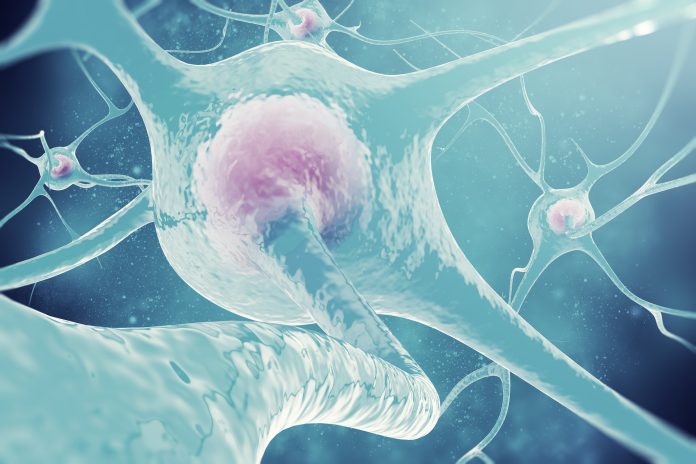
A recent clinical trial has revealed an exciting way for older adults to reverse mild declines in brain power: by practicing tai chi, a traditional Chinese exercise, with a modern twist.
This study, published in the Annals of Internal Medicine, discovered that tai chi classes can help older adults enhance their memory, thinking skills, and multitasking abilities.
Moreover, a “cognitively enhanced” version of tai chi, which added mental challenges to the practice, showed even better results. Let’s delve into the details of this promising discovery and its potential benefits for seniors.
An Ancient Art for Physical and Mental Well-Being: Tai chi is an ancient Chinese practice that combines slow, graceful movements, physical postures, and controlled breathing. It is often described as a moving meditation.
Over the years, research has shown that tai chi can improve balance, reduce the risk of falls, and sharpen cognitive functions in older adults.
The research team, led by Peter Harmer, a professor emeritus of exercise and health sciences, aimed to explore the impact of adding mental challenges to traditional tai chi practice.
Recent studies suggested that combining physical and mental exercises could be more beneficial for cognitive health than performing them separately.
The researchers recruited 318 older adults who were experiencing mild declines in memory or signs of mild cognitive impairment (MCI).
MCI refers to problems with memory, judgment, and other mental abilities that are not severe but could potentially progress to dementia.
The participants were divided into three groups: one group practiced standard tai chi, another practiced the cognitively enhanced version of tai chi, and the third group engaged in stretching exercises. Each group attended two one-hour sessions per week for six months.
Cognitively Enhanced Tai Chi
Due to the COVID-19 pandemic, most of the study sessions were conducted on Zoom. The participants in the enhanced tai chi group received additional mental challenges during their practice.
They sometimes repeated the instructor’s cues aloud, spelled words as they performed specific movements, or practiced movements independently without cues from the instructor.
The study concluded that enhanced tai chi had the most significant impact. On average, participants in this group improved their overall cognition scores by 3.1 points, compared to 1.7 points in the standard tai chi group.
The group that performed stretching exercises showed no significant change. Enhanced tai chi also proved more effective in improving the participants’ performance in a “dual-task” walking test, which assesses a person’s ability to walk while multitasking.
Dr. Judith Heidebrink, a neurology professor at the University of Michigan, praised the three-point gain achieved by the enhanced tai chi group, considering that the participants did not have severe cognitive impairments.
She emphasized the importance of stimulating older adults’ cognitive skills through various methods.
Dr. Manuel Montero-Odasso, a geriatrician and director of the Gait & Brain Lab at St. Joseph’s Health Care London’s Parkwood Institute in Ontario, Canada, highlighted the significance of improving dual-tasking abilities in daily life, which can enhance independence and reduce the risk of falls.
Not everyone has access to or interest in tai chi, and that’s perfectly fine. Dr. Montero-Odasso advised seniors to engage in exercises they enjoy that also challenge their brains.
He suggested trying new activities, such as learning a new language or participating in brain-training exercises designed to boost cognition.
Peter Harmer and his team plan to make cognitively enhanced tai chi more widely available in the future. This exciting approach offers a fun and engaging way for older adults to improve their cognitive abilities and overall well-being.
Whether through tai chi or other brain-boosting activities, seniors can take proactive steps to maintain and enhance their cognitive health.
If you care about brain health, please read studies about inflammation that may actually slow down cognitive decline in older people, and low vitamin D may speed up cognitive decline.
For more information about brain health, please see recent studies about common exercises that could protect against cognitive decline, and results showing that this MIND diet may protect your cognitive function, prevent dementia.
The research findings can be found in the Annals of Internal Medicine.
Follow us on Twitter for more articles about this topic.
Copyright © 2023 Knowridge Science Report. All rights reserved.



